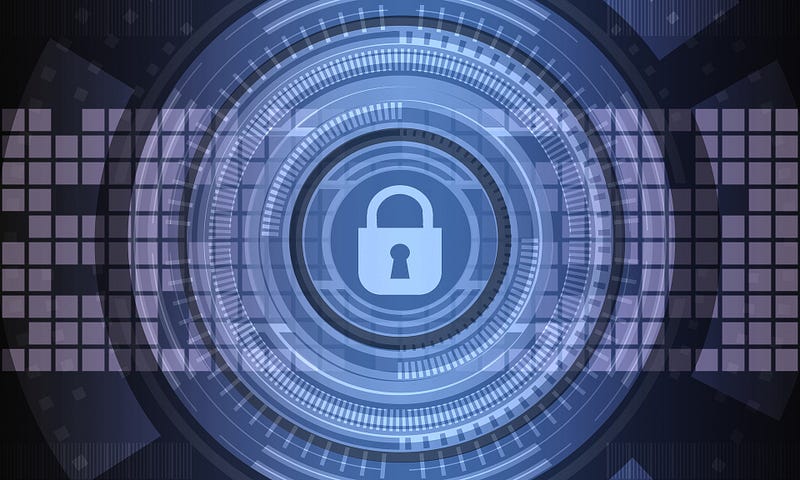“Data is the new oil.” Since we started living in a “smart” world, almost every new appliance/tool that we use is connected to the internet. While most of us welcomed the convenience and the notion of being “always connected”, it was only with the recent scandals and data breaches that we realized how exposed our data was to the outside world and how we can protect it?



Personal details such as location, name, email addresses and recent searches were stolen by hackers or found to be sold to third parties. There were a few cases where this happened, with the most prominent corporation that stood out from these scandals being Facebook.
The scandal that arguably started putting Facebook in the spotlight was the Cambridge Analytica case, whereby the personal data of 87 million Facebook users were in the hands of the firm and subsequently used for targeted advertising meant to sway voters to vote for then presidential candidate Donald Trump during the presidential election of 2016.
There were a number of factors that led to the data breach, such as slack security measures and a lack of oversight of third parties collecting data. However, these factors can be tied back to an overarching reason, being the centralisation of data.
With Blockchain promising decentralization, can this new technology be the ultimate solution for data privacy and protection?
How Blockchain offers Protection of Your Personal Data From Theft and Tampering
No Single Point of Failure
Firstly, in a Blockchain multiple nodes hold the same copy of the ledger of transactions in the ecosystem. What this means is that there is no single point of failure. Even if a node gets hacked into there will be no data breach and theft, as the other nodes are maintaining the ledger.
To truly take sole control of a network will mean having at least 51% of the computing power or number of tokens in the network, depending on the consensus mechanism of the network. Common consensus mechanisms are proof-of-work and proof-of-stake.
To hack this network, while not impossible, will require possessing a huge amount of resources that is not practical to the hacker.
Furthermore, besides the security offered by technology, by having multiple parties in the network instead of a centralized participant ensures that there is no complacency. General human nature dictates that if there is no oversight from another party accountability drops significantly. This Forbes articleexplains quite well how Blockchain can provide data protection.
Encryption Of Documents



Besides the theft of data, fake data has also been prevalent in the social media space. Fake accounts can be found on platforms such as LinkedIn, with people claiming to be working in companies when in reality they are not hired. To tackle this problem, Blockchain technology is a potential solution.
Users can upload the hash or even the entire document of any material that will prove their claims to be legitimate. This data is encrypted and given a cryptographic signature, which can be cross-checked across all the ledgers in the different nodes to ensure that it has not been tampered with. If changes are made, the signature will be rendered invalid.
Users that want data that is only available to a selected group can utilize a private blockchain instead. However, that would bring about certain limitations, which will be covered below.
Current limitations of Blockchain
While Blockchain is a fantastic idea in theory to combat data theft or fake data, there are still limitations to it. For example, the immutable nature of Blockchain can be a double-edged sword, as past records are immune from tampering. This means that if incorrect data is uploaded onto the Blockchain it becomes near impossible to alter it.
Furthermore, centralized control of social media platforms is at present still the best way, as content needs to be moderated, and moderation is done efficiently when done by only one entity. Until Blockchain technology is more established such that content moderation can be done in a decentralized manner can there be a viable implementation.
Looking To The Future



While there still exists many practical limitations to implementing Blockchain technology for data storage and protection, the potential for Blockchain technology as a solution to data protection continues to be immense.
This is in essence the current state of the Blockchain space- Limited functionalities with vast potential. At ABCC Exchange the long-term future of Blockchain and Cryptocurrencies is what excites us and keeps us going in this bear market.
Do you believe in the long-term future of Cryptocurrencies?
Disclaimer: The following content is the view of one writer and is not representative of the views of ABCC Exchange. The content in this article is in no way an endorsement of any project or financial advice of any form. Users are reminded to carry out their own due diligence and execute trades based on their research and risk tolerance.







